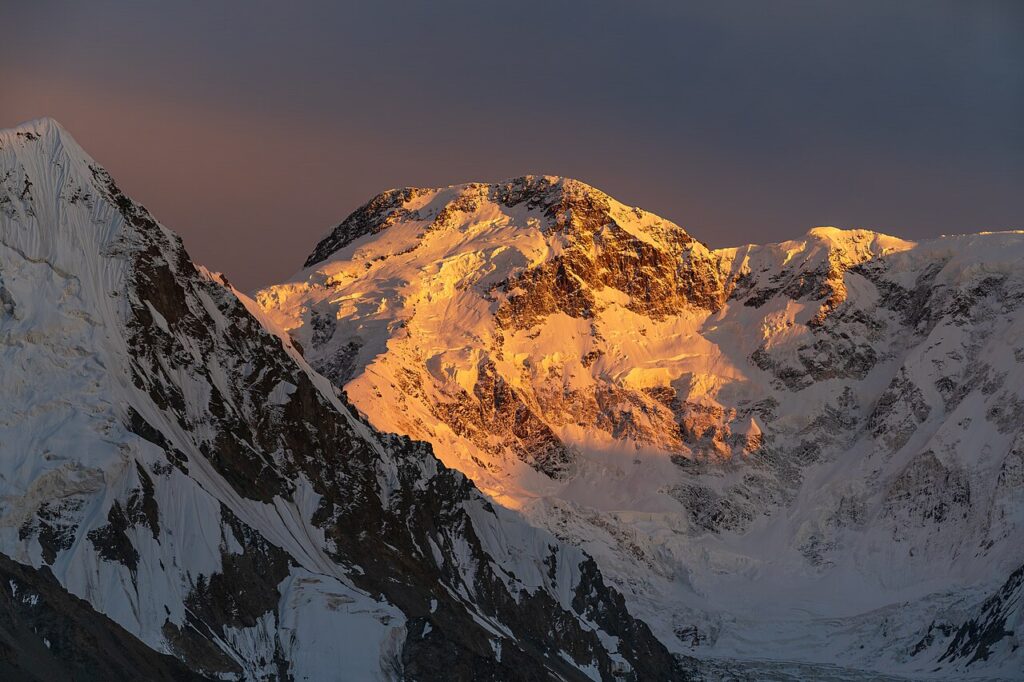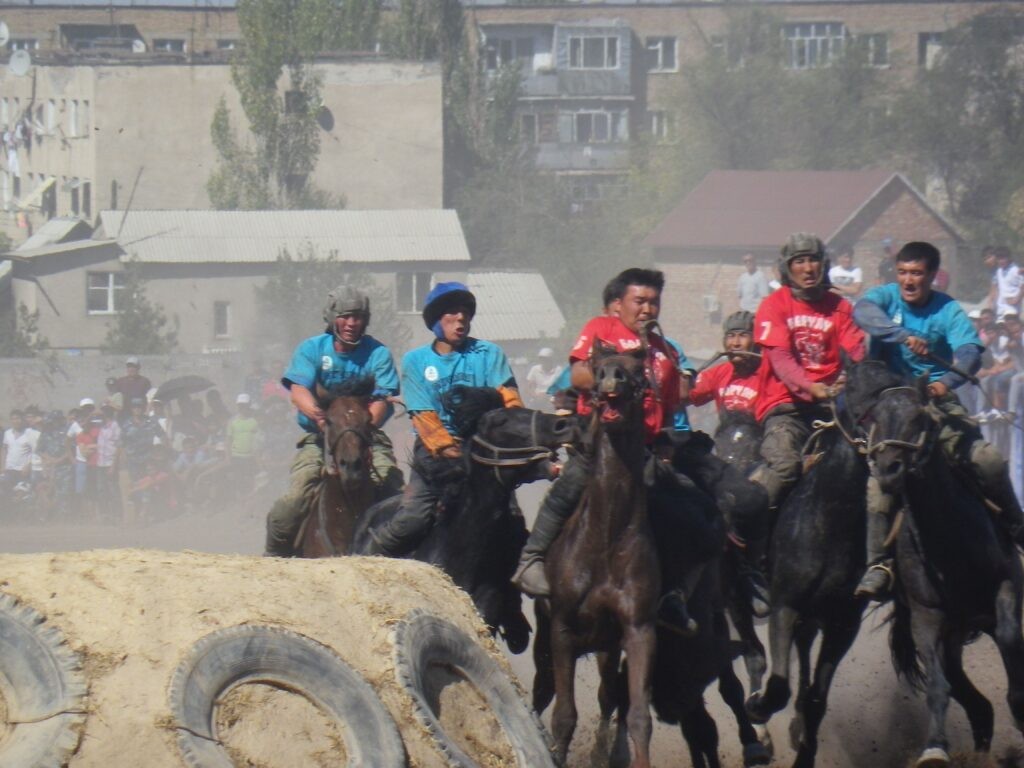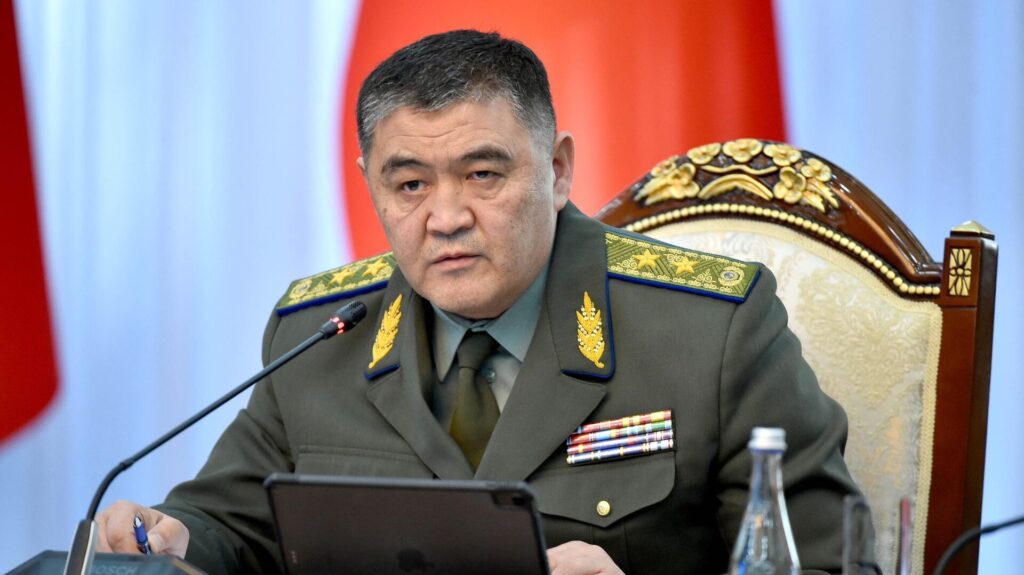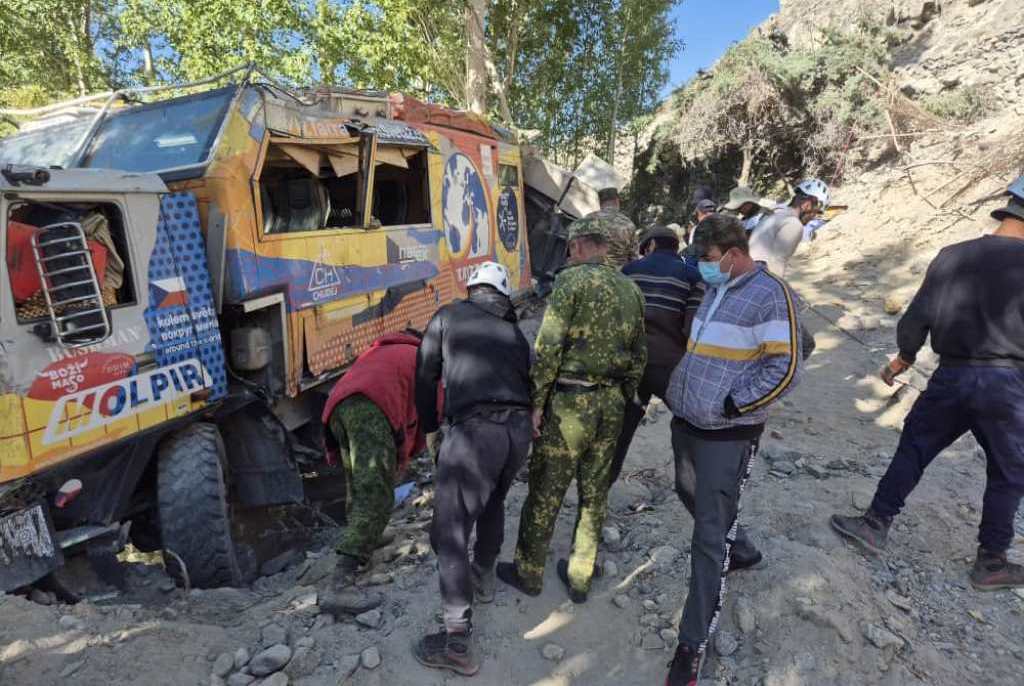Long-Distance Swimmers from Central Asia Cross Mediterranean Strait Together
Fueled by thoughts of family, country, and just reaching dry land, two men from Central Asia swam across the Strait of Bonifacio from the French island of Corsica to the Italian island of Sardinia, an open water route of about 15 kilometers whose varying winds and currents sometimes add to the challenge for ultramarathon swimmers. Askar Ospanov, a 66-year-old Kazakhstani, and Shavkat Musinov, a 42-year-old Uzbekistani, drew mental strength from each other even though they didn’t speak much while swimming in wetsuits for nearly eight hours on Sept. 26. The leader of their group was Rinat Mustafin, a 46-year-old swimmer from Russia who had crossed the strait in 2019 and prepared his friends for their Mediterranean feat. They were assisted by a support boat. “The sea that day was challenging — with strong currents and waves — but we stayed coordinated and focused,” Musinov, a Tashkent businessman, said this week. “What united us was the shared feeling that we were doing something meaningful, not only for ourselves but also for our region.” Musinov and Ospanov were the first people from their countries to swim across the Strait of Bonifacio, a challenge that isn’t overseen by a governing body but has won international recognition over the years. The World Open Water Swimming Association has listed it as one of the world´s top 100 island swims. While the Strait of Bonifacio is among the shorter ultramarathon distances for swimmers (the English Channel, for example, is a cold water challenge of about 33 kilometers), conditions can add to the difficulty level. “The two relatively close opposite coasts and the seabed with an average depth of 50 meters, which in any case does not exceed 100 meters, mean that the winds and currents that are channeled increase their intensity,” the association says. “The crossing is often characterized by non-linear trajectories and more or less demanding waves.” Musinov said he met Ospanov’s son, Galym, in the Sahara Desert during the Marathon des Sables ultramarathon in 2023, and they bonded while traversing 250 kilometers together across the Sahara Desert in Morocco. The Uzbek athlete later met the elder Ospanov – Musinov calls him “Asqa aga” with respect and affection – and described the Kazakhstani swimmer as an emblem of determination and discipline. Musinov and Mustafin, the Russian swimmer, kept the same pace as Ospanov so they could stay together. Ospanov said on Instagram that “team captain” Mustafin set the route. They ended up swimming nearly 17 kilometers because of the pull of the currents. “Shavkat swam second, occasionally looking back to check on me, while I tried to draft behind him,” said Ospanov, a former government worker. “Twice — at the 6 km and 11 km marks — Rinat gave me CrampFix just in time, helping me when I got a leg cramp (vinegar, as it turns out, can interrupt the body’s cramp reflex). You live and learn!” CrampFix, which contains vinegar, is a supplement that relieves muscle cramps. Jellyfish are also a hazard in the...






